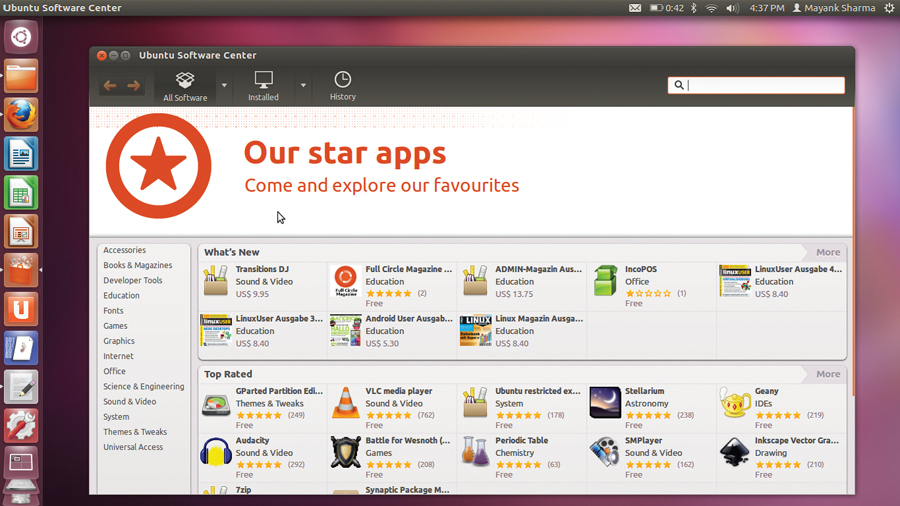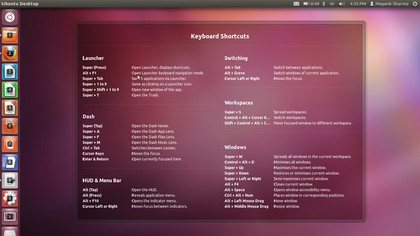Windows 8 vs Ubuntu: battle of the operating systems
We pit Windows 8 against Ubuntu to see which OS comes out top dog

When Windows 8 is released on 26 October, it will be the third straight time a major Windows version is launched close to the release of arguably the world's most popular Linux distro - Ubuntu.
Ubuntu and Canonical have come a long way since their 7.04 Feisty Fawn release, which followed Microsoft's Windows Vista.
Back then, Canonical failed to capitalise on Vista's universal rejection by its users. If reviews of the Windows 8 Consumer Preview are any indication, it'll be a very cold winter for Microsoft.
But, more importantly for the Linux community, does Ubuntu 12.04 have what it takes to position itself as a more usable alternative?
The Ubuntu advantage

It's ironic how the one feature in recent Ubuntu releases that might have lost it some users will now work in its favour and attract new users by the bucket-load. We are, obviously, talking about Unity.
Microsoft's revolutionary Metro desktop is already facing criticism similar to that Canonical fielded when it introduced Unity on the desktop. They listened, learned and they evolved.
Furthermore, Windows 8 is a major departure from how Microsoft does desktops - offline installations that could connect to each other. Now, with Windows 8, you have an online desktop designed to deliver the best of the cloud to your visually new desktop. It can do things in a way that no version of Windows ever could before. And we in the Linux world know what that means, right?
Sign up for breaking news, reviews, opinion, top tech deals, and more.
Be it with KDE 4, Gnome 3, or Unity, suddenly introducing new paradigms and a dramatic new way of doing things displeases users. And while the changes might be new to Windows, they have long been mainstays on the Linux desktop in general, and Ubuntu in particular.
In this feature, we'll attempt to ascertain if Ubuntu's maturity and flexibility, and its range of options will score over Windows 8's radically different new desktop paradigms.

With almost two decades of writing and reporting on Linux, Mayank Sharma would like everyone to think he’s TechRadar Pro’s expert on the topic. Of course, he’s just as interested in other computing topics, particularly cybersecurity, cloud, containers, and coding.